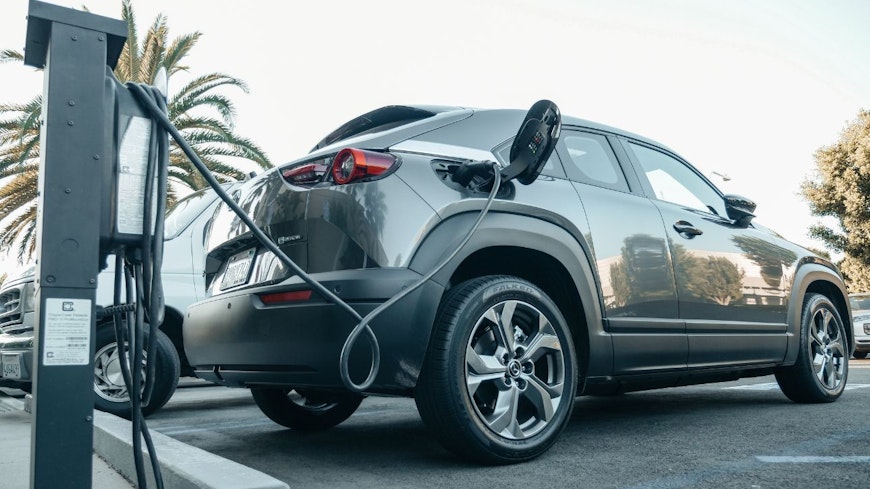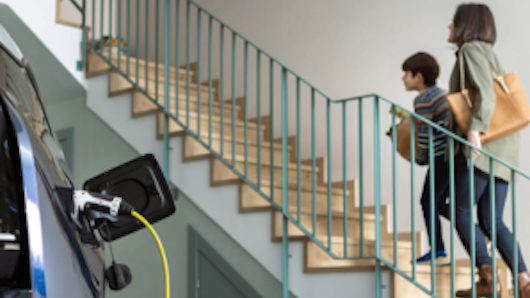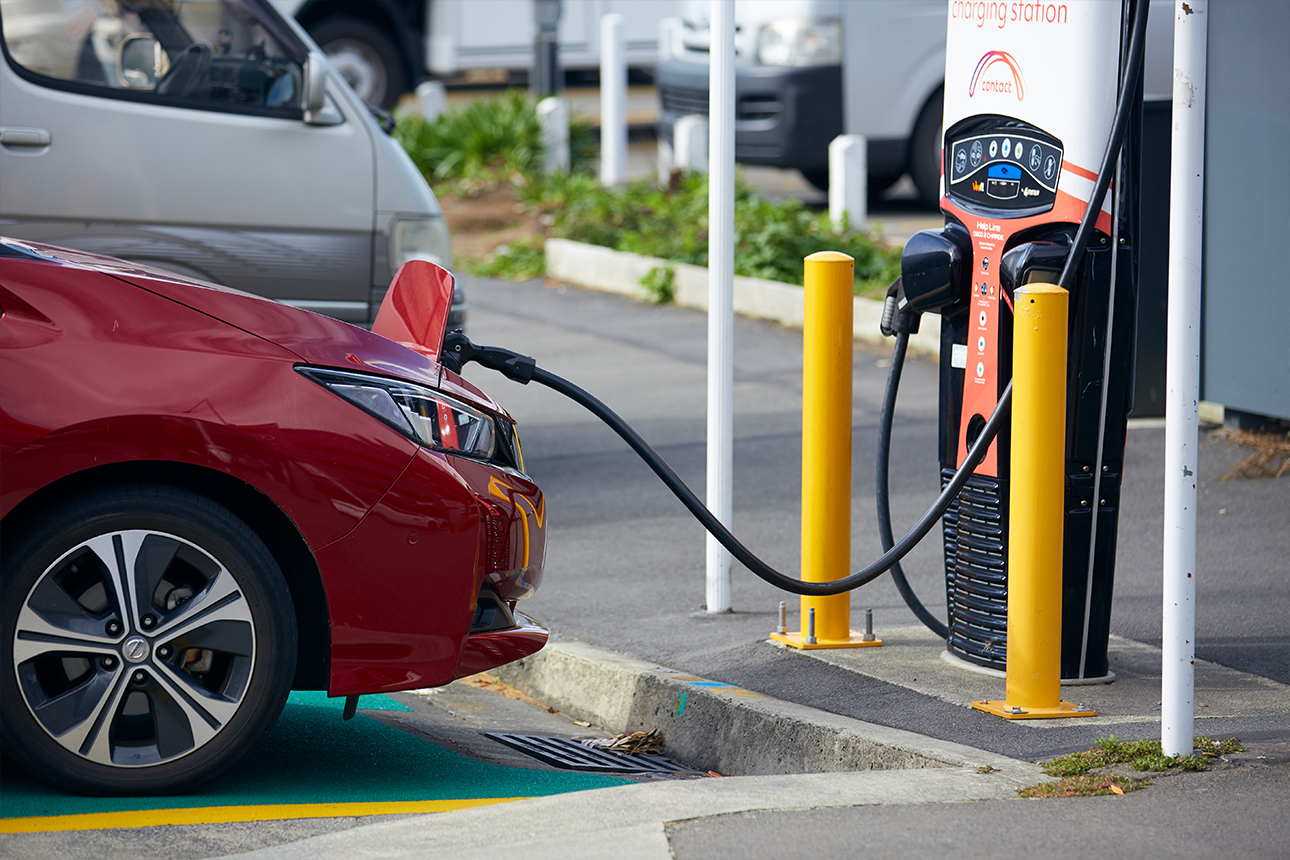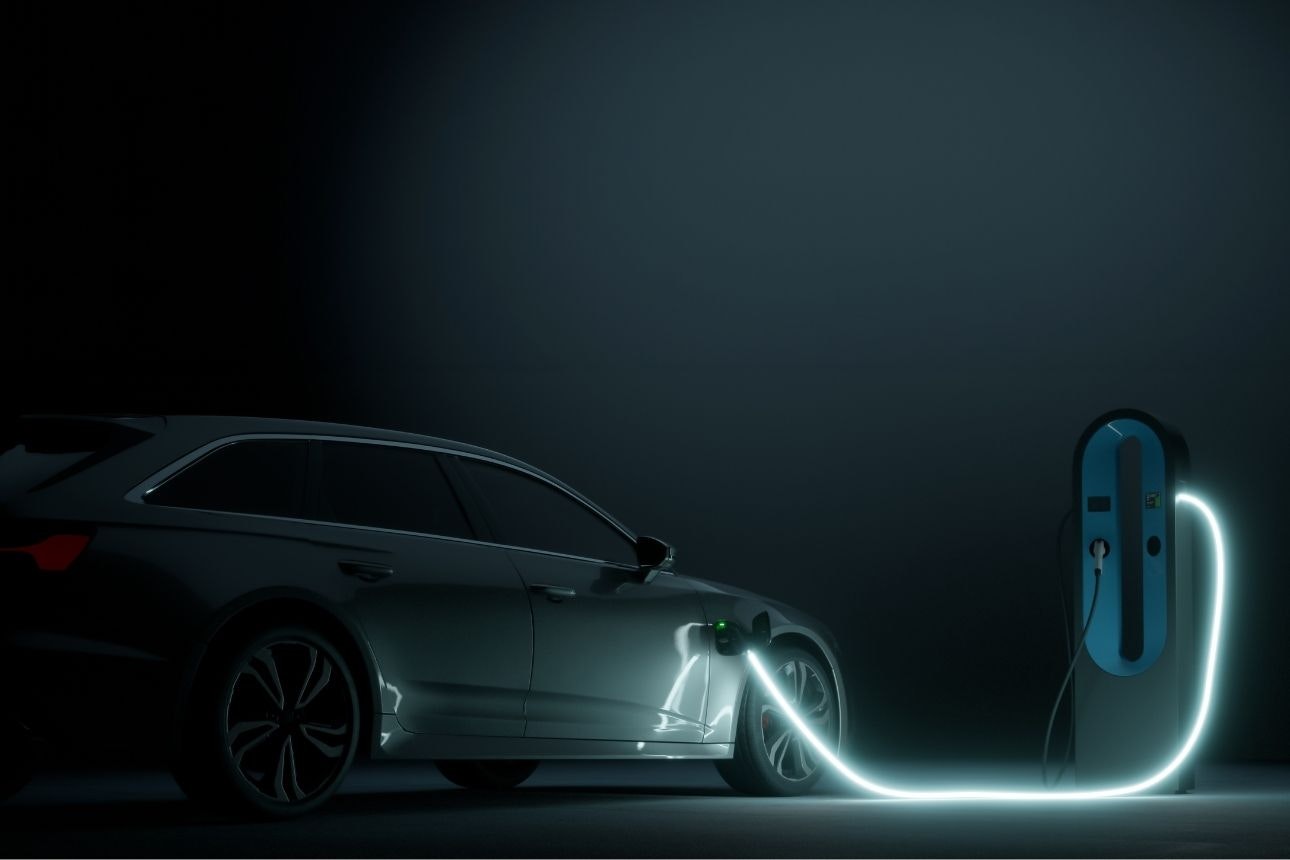
By James le Page
Former Product Test Team Leader | Kaiārahi Kapa Whakamātau Hautaonga
Even with the disappearance of the Clean Car Discount, and the introduction of road user charges for electric vehicles (EVs), plugging in may still be the cheapest way to fuel your drives.
When it comes to buying a used car, nobody wants a lemon. And even experienced car buyers may not have thought of the new questions you need to ask when shopping for the right set of EV wheels. Luckily, we’ve tested a fair few by now and think we can help out.

What to consider when buying an EV
Does the initial cost outweigh the long-term savings?
While prices are coming down with the arrival of Chinese-manufactured vehicles in our market, EVs still have a higher upfront cost and there’s no way around that. It's crucial to consider the long-term savings in terms of fuel and maintenance. Whether you’ll save comes down to your own circumstances, including the miles you rack up and the cost of electricity in your region. Genless has a total cost of ownership calculator that, while a bit convoluted, you can adapt to your situation.
How’s the battery health?
The industry standard term for the life left in a battery is “state of health” (often written as SoH and displayed as a percentage). The battery is the most critical component of any EV, and its health directly impacts the vehicle's performance. Luckily (unlike petrol or diesel vehicles) the SoH is often displayed, either prominently on the dashboard or a few layers deep in the car’s infotainment screen. Failing that, you can pay for a diagnostic check at a mechanic. When an EV is fresh out of the factory, it’ll have a SoH of 100%, but this degrades over time, and you need to be sure it’ll last the ownership term that you’re expecting.
Does it have the range?
Consider the vehicle's range, which indicates how far it can travel on a single charge. Often the car will calculate its range based on the battery’s current SoH. Evaluate whether this meets your daily commuting needs and any longer trips you may undertake. Range anxiety is a real thing, but remember a battery would have to be pretty toast to not cover most commutes. However, if you frequent the highways for regular regional trips, the last thing you want is to stop every 80 to 100km for a long charging session.
Can you replace the battery?
You can swap out older batteries in EVs. However, the process isn’t common, and the refitting market is still in its infancy. Some companies do swap out older Nissan Leaf batteries, such as EVs Enhanced in Christchurch. If you’re considering exploring this option, be sure to research and factor in the price of replacing the battery pack in your sums. It’ll no doubt impact what you want to pay upfront for a vehicle.
Can you charge at home?
Do you have space in your driveway or garage to charge your EV? To make the most of the cheaper motoring that EVs provide, you need to optimise charging at home. If you have a large battery in your car, and regularly drain it, you’ll probably find that a regular three-point charger is inadequate. In that case, you’ll need to factor in having a dedicated wall charger installed.
Can you charge on the go?
You can’t always charge at home, so you need to know you can do it on the road. Our public charging infrastructure still has a way to go before it can cater for mass adoption of EVs. Venture out of the big smoke and you’ll find chargers harder to come by. Even so, the situation is improving all the time with new chargers coming online regularly. Explore the availability of public charging stations in your area and along your common routes to make sure you can get by. The easiest way to check is to head to charge.net.nz and have a play with the interactive map.
Has it been updated it lately?
Software updates aren’t EV specific –it’s good to check they’ve occurred on any modern vehicle you’re looking at buying. However, some software updates for EVs can improve range and performance and introduce other features you didn’t know were even there. They’re certainly worth doing. Check with the seller to see if they’ve kept on top of the update side of things.

OEM Audio joins Consumer Trusted ranks
OEM Audio, a Consumer Trusted business, specialise in charging component for EVs. Check them out at oemaudio.co.nz
Some things never change
EV specifics aside, there are always the age-old things to take into account when purchasing any vehicle.
Research the make and model
Google is your friend. Search for MAKE MODEL YEAR and “problems”. Every car will have someone crying foul about it on internet forums and it’s easy to disappear down a rabbit hole of worry. But be realistic and you may turn up some known problems that’ll steer you away from a car, or at least warn you about what to look for.
Test drive
A good test drive will hopefully expose any gremlins with the car. If you consider yourself to be mechanically inept, bring along someone you trust who can lend their opinion. An electric car should be eerily quiet, so anything knocking about under the car will make itself known very quickly.
Be realistic
We keep our cars going for longer than in most countries – New Zealand’s national fleet averages over 14 years old and the average used import is 12 years old at the time it’s brought into the country. These are cars well into their twilight years.
With an older vehicle, you need to expect repair bills for wear and tear and accept minor failures and niggles. However, it isn’t reasonable to experience a major failure soon after purchase.
Find a good example
Look at how the car is presented – is it clean and tidy? Ask if it’s been serviced before sale and if there are any faults you should know about. Get copies of any inspection or service reports. If the car has had previous New Zealand owners, ask for service and maintenance records that show it’s been looked after.
Get it checked
If the car is freshly imported, or has no documented service history, assume the worst.
A pre-purchase inspection costs about $100 and will show immediate problems, but won’t tell you about future failures. If the car hasn’t been recently serviced, you could negotiate an immediate service as part of the deal. Otherwise, set aside some of your budget to get your wheels serviced immediately after purchase and tell the mechanic you want to know if there are signs of neglected maintenance or future trouble. You might find something that can be fixed before it becomes a problem, and you can use the report as evidence to take to the dealer to highlight any faults present when it was sold, which you can claim for under the Consumer Guarantees Act.
Don’t fear private sales
Buying a car privately can be daunting, but don’t be put off. A private seller has the advantage of knowing some of the car’s history. They may have records showing services and repairs going back a few years, or even from new.
If you’re looking for a cheaper car, $10,000 or less, you’ll find more options available from private sellers. The sale may be more straightforward too – sellers won’t be interested in upselling mechanical insurance or adding on other extras.
However, in a private sale you have no Consumer Guarantees Act protection if the car goes wrong, so arm yourself with our checklist and advice. Private sales are usually on an “as-is, where-is” basis, which means the buyer takes responsibility for any problems after purchase. You can insist that the car you’re buying has a warrant of fitness less than one month old, which helps protect you against faults that have developed since the last inspection.
So, you don’t have as many protections but, with care, buying privately might just turn up a great car without the dealer price premium.
When it goes wrong
Know your rights. You have protection through the Fair Trading Act and Consumer Guarantees Act.
Act quickly. Don’t wait months after noticing the problem or you may lose your rights. Get an independent mechanic to confirm the fault.
Contact the dealer. Present your case and tell them what solution you expect.
Go to a tribunal. The Motor Vehicle Disputes Tribunal provides independent dispute resolution. It’s a last resort, but costs just $50. Mentioning the tribunal can be enough to convince a dealer to act.
Consumer members can contact our Advice Line for help at any stage.

How to make your home energy efficient
We've got you covered with tips on choosing electric appliances, considering an electric vehicle, and even adding solar panels to your home.



